Simone Marques reports from Brazil on sports sponsorships and the coverage of the World Cup
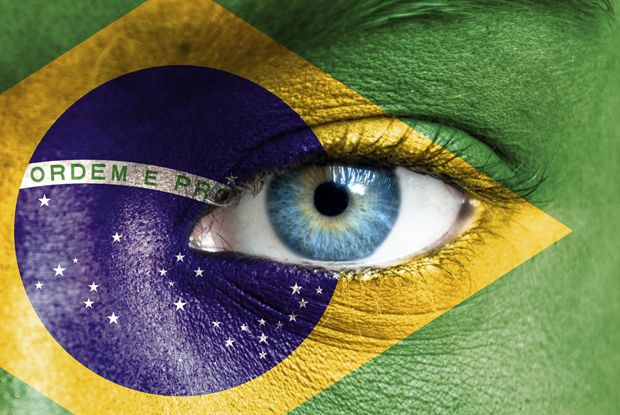

Simone Marques reports from Brazil on sports sponsorships and the coverage of the World Cup

Olympic glory has melted in the glare of media attention shining a spotlight two athlete’s most intimate moments. Firdose Moonda reports
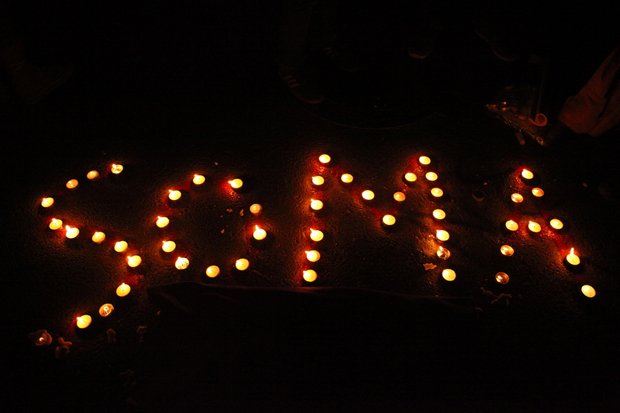
Meltem Arikan shares her anger over the mine disaster that rocked Turkey — and the arrests that followed.

In an attempt to police Russia’s ocean of foul language, enter the swearbot, a computer programme forecast to go live this autumn, enforcing laws passed last spring. It should automate the rooting out blasphemous Russians, Alastair Sloan reports
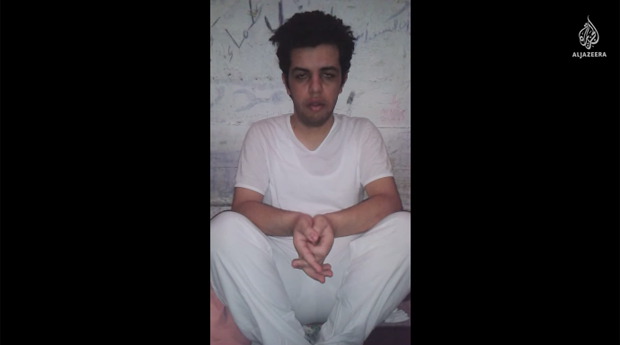
A chilling message sent by award-winning photojournalist Mosa’ab El Shamy via his Twitter account on Monday, filled his 41,000 online followers with dread. Shahira Amin reports
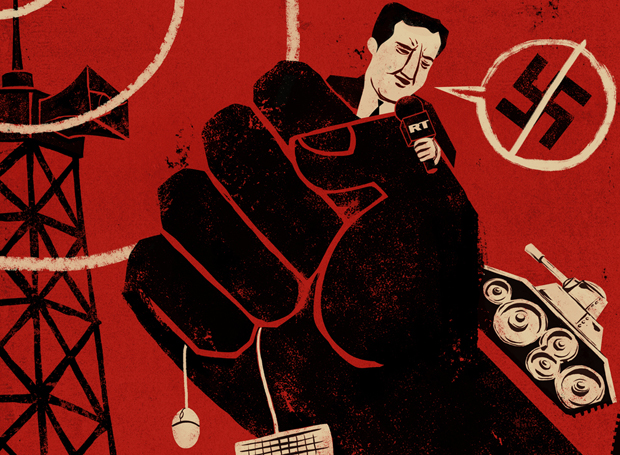
This week cartoonist Ben Jennings takes on Vladimir Putin’s information war.
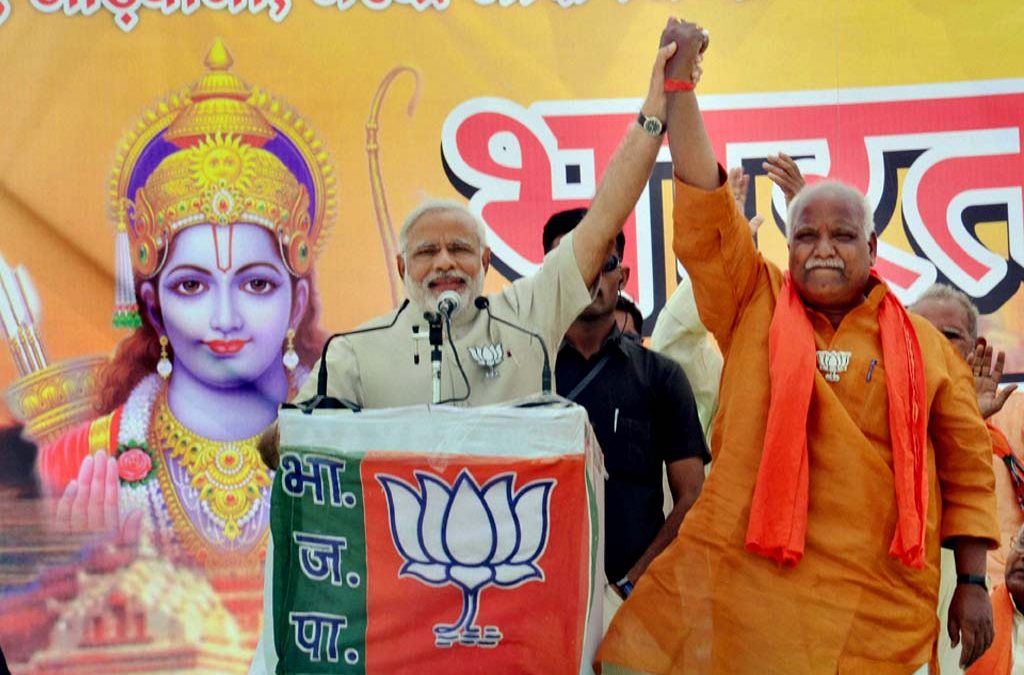
India’s elections have been awash in campaigning that appeal to voters in religion or by instigating polarisation among different religious and ethnic communities. Saurav Datta reports

There is absolutely no one engaged in modern public life at any level at all who has not complained that they’ve been silenced, denied a platform, bullied into submission by a cruel cabal of agents of reaction or “the liberal agenda”, take your pick.

Last Thursday, after nearly eight years of detention three journalists were among a group released from a prison near Istanbul. Catherine Stupp reports
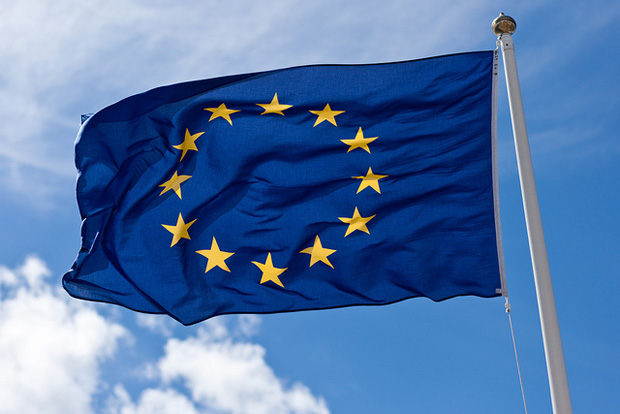
New guidelines were released this week by the European Union Foreign Affairs Council specifically focusing on freedom of expression online and offline. Alice Kirkland reports